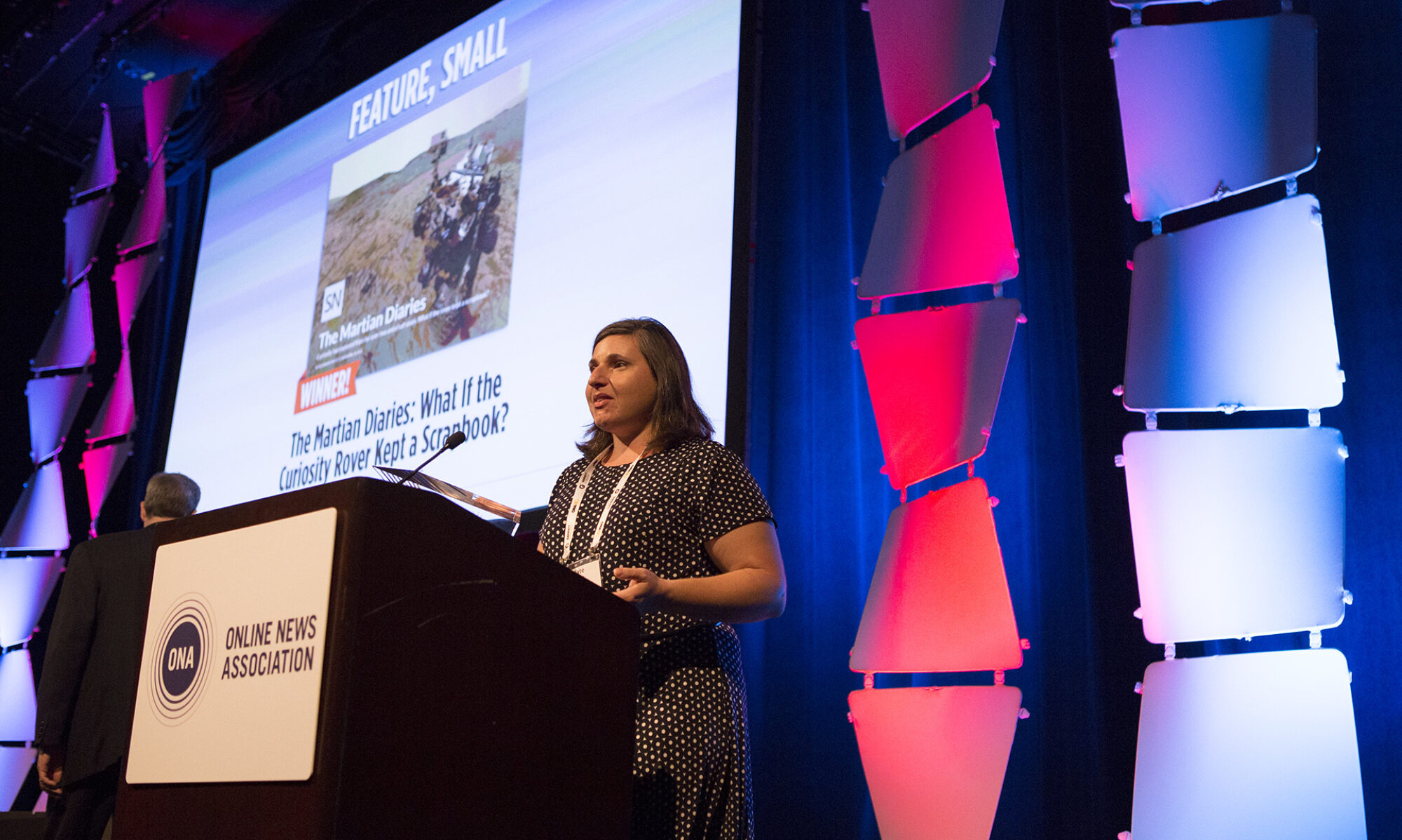A critical reflection on media coverage of SARS-CoV-2’s origin
"Media coverage of SARS-CoV-2’s origins serves as a fascinating case study that has relevance for other scientific controversies. At the ScienceWriters2022 conference in Memphis, Tenn. in October 2022, CASW convened a panel to discuss how journalists have addressed the special challenges of this highly politicized story. Participants included three journalists who have covered the origin …
